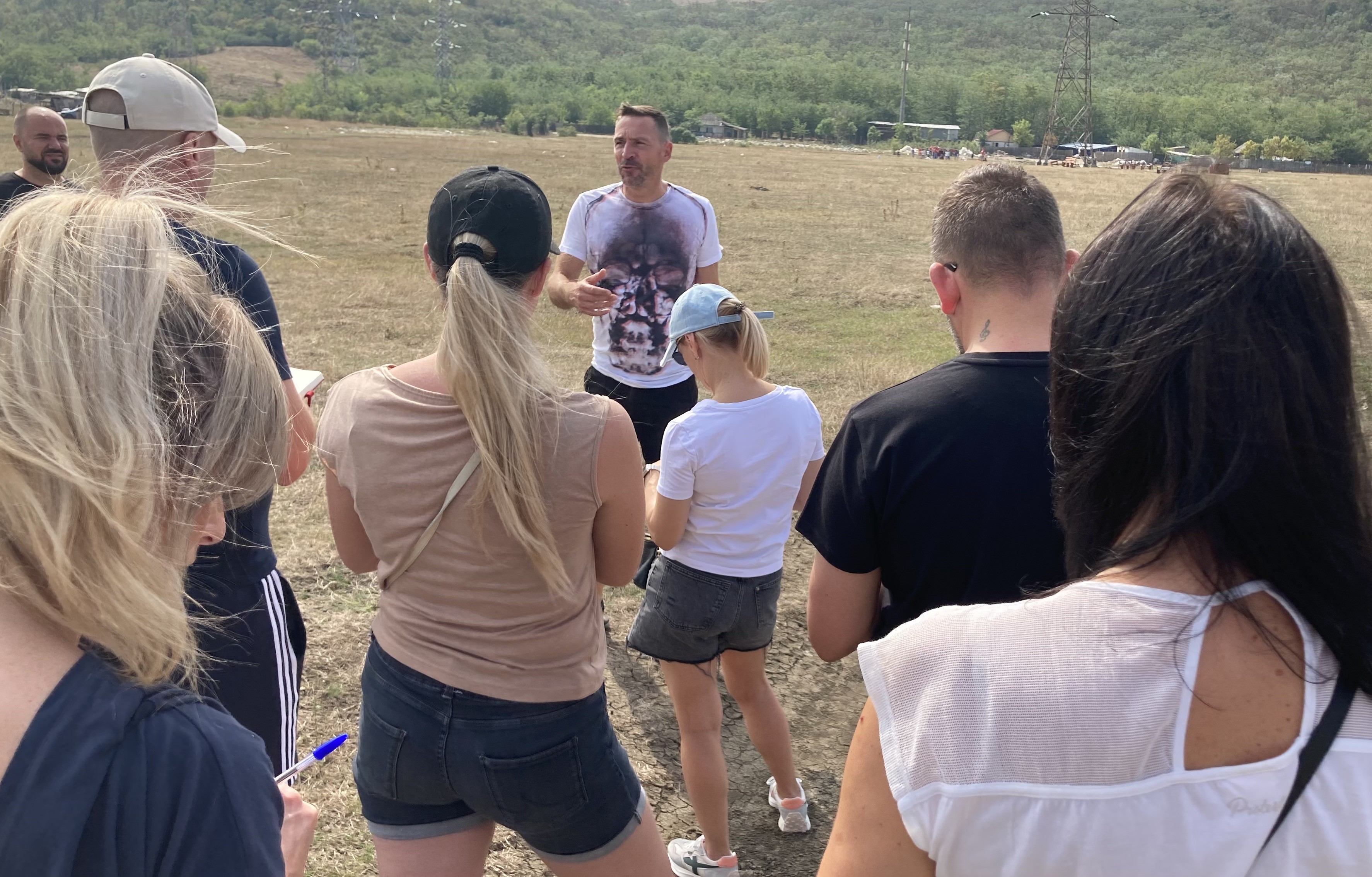From Intuition to Insight: Mapping Influence Without Losing the Street
When we first observed the talents of street-connected youth—positive focus, agility and resilience, proactive creativity, and cooperative competition—we didn’t map them out in a neat matrix. We felt them.
Arnoud had lived this world for years. I came in from a background in academia and learning strategy. Together, we watched these young people do something astonishing: they adapted, created, led, and thrived—not in spite of their circumstances, but in response to them. We weren’t looking for a model. We were trying to understand how they managed it.
Looking back now, it’s clear that what we were witnessing wasn’t just individual behaviour—it was a system of influence. These four “Street Skills” weren’t isolated traits. They were deeply connected.
At the time, we didn't have the tools—or frankly, the headspace—to fully map out how they related. But later, as we tried to distill our experiences into something usable for organisations and leaders, I found myself craving structure. Could we understand these skills not just anecdotally, but systemically?
That’s when I turned to DEMATEL.
Why Systems Thinking Matters
DEMATEL (Decision-Making Trial and Evaluation Laboratory) is a tool developed to understand complex systems by mapping out the causal relationships between different elements. It’s used in areas like healthcare, urban planning, and crisis response—not to produce “truth,” but to reveal how things influence each other in a networked way.
I didn’t use DEMATEL in Guatemala. But the lens it offers became valuable later, when I revisited our field experiences with fresh eyes.
We already knew that positive focus was often the first spark. We saw it in Junieth, who kept setting goals even in a harsh reality. We noticed that resilience seemed to grow more easily in those who could focus on what was within their control. And we saw how proactive creativity—like Elsa’s entrepreneurial thinking—required a kind of internal stability before it could emerge.
We were seeing a pattern. We just didn’t have the language for it yet.
From Field Notes to Frameworks (Without Losing the Soul)
What DEMATEL—and other systems tools—offer is a way to think more clearly about interdependence. Not every skill weighs the same. Some act as catalysts; others are outcomes.
If we had used DEMATEL back then (and maybe we will in future studies), we would have used it not to validate the youth, but to support the design of interventions:
• If you want to grow creativity, don’t start with brainstorming techniques—start with positive focus.
• If you want resilience, look for what helps young people make sense of what’s in their control.
• If you want peer collaboration, don’t just teach teamwork—foster psychological safety and agency first.
These are the types of questions a systemic lens encourages you to ask.

Why This Still Matters Today
The young people we met on the streets weren’t waiting for theory to validate their survival strategies. But if we want to build bridges between their world and ours—between informal learning and formal systems—we need to be rigorous and humble.
DEMATEL was one of several tools that helped me revisit what we saw in Guatemala and articulate it in a way that made sense to leaders and organisations. It helped me see that:
• Some behaviours are foundational.
• Some outcomes are dependent.
• Change doesn’t happen linearly—but influence often does.
The Street Skills are not just inspiring. They are interconnected competencies that can inform how we build resilient teams, creative cultures, and adaptive systems—if we’re willing to look beyond what’s easy to measure.
And while we never ran a DEMATEL model on the streets of Guatemala, the spirit behind it—a hunger to understand complexity, not just control it—was present from day one.
________________________________________
Up next:
In the final part of this series, we’ll reflect on what it means to apply all of this—immersion, positive deviance, systems thinking—inside organisations. How can leaders design environments where complexity is not feared but embraced? Where discomfort leads to clarity?
We’ll bring the learning full circle.
– Bram
Founding Partner, StreetwiZe





